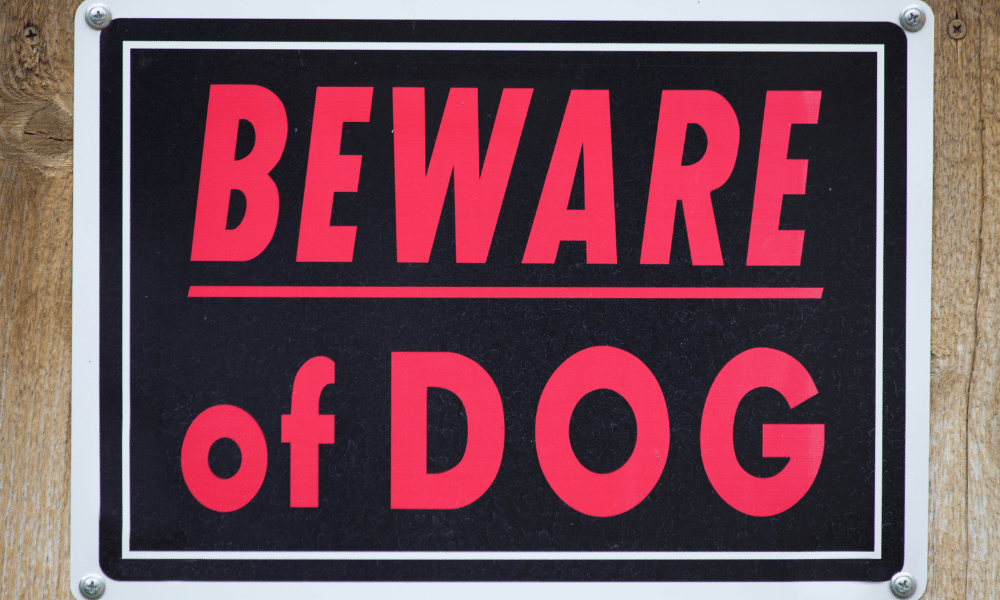Suffering a workplace injury can be a traumatic event that puts the injured worker in a tough position physically and financially.

This is why New Jersey has a workers’ compensation system. There are instances in which, despite the fact that you are injured, your doctor clears you to engage in certain types of work. The type of work that you do during this period is called “light duty.”
Light Duty Work Definition
If you get injured in a workplace accident, you will need to undergo a medical examination. After this medical examination, the doctor is going to determine if you are fit to continue working. If you are, the doctor would provide some restrictions on the type and intensity of work you can do.
Essentially, light duty means that your employer will place you in a less-physically-demanding job than your normal job role and job duties. It also means that your employer modifies your present work to accommodate the doctor’s restrictions.
Light duty assignment can also refer to positions that companies create that are not physically or mentally demanding. Their purpose for creating these job roles is to create tasks for employees who cannot perform the routine job functions of the regular job due to physical or mental disability.
However, there have been instances in which some employers push their employees to do work beyond what their doctor recommended. If this is happening to you, it is important that you notify the doctor and file an incident report. One mistake a lot of people make is pushing themselves too hard after sustaining a work-related injury by returning to their normal job roles. In the end, they sustain further injuries that make the injury or illness worse.
If you think that the doctor is working in the company’s interest against your interest, you can request to be seen by another doctor on the panel list. If there is no panel list, you can use a doctor that specializes in your type of work injury.
Categories of Light Duty Work
When it comes to light duty, there are different categories. All these categories are based on the nature of the work the injured employee has to undertake while injured. The following are some of them:
Job Restructuring
Job restructuring is usually applied when the restriction the employee suffers is physical and prevents them from moving. Examples include back injuries that limit lifting, arm injuries that restrict any repetitive arm motions, and leg injuries that make it difficult for the employee to walk effectively.
With job restructuring, your employer is going to give the demanding job role to another employee. Then, he or she will give you a job role that is possible within the restrictions the doctor provided.
For example, if your job role as a cook normally involves lifting heavy pots, a back injury would prevent you from continuing in that role. Your employer would then assign that task to someone else and give you a modified duty of peeling, cutting, or washing duties that will not place strains on your injured back.
Reassignment to a Vacant Position
What this means is that your employer is going to move you to a completely different job role from your existing one. When this happens, you could either earn less or the same amount than with your previous position. You should, however, note that the more you earn from the light duty work, the less your workers’ compensation will be.
Acquisition or Modification of Extra Equipment
What this means is that your employer will provide reasonable accommodations and give you equipment that can make it possible for you to perform tasks without causing extra harm to you. For instance, if the job role involves transporting heavy items, people with back injuries can get special carts or lifting devices. People with hearing disabilities can request for telephone handset amplifiers.
Your employer is likely to go through with this modification because it is cheaper to get tools for an injured, though experienced, employee than to train a new employee for the task. Also, adaptive equipment is quite cheap.
Examples of Light Duty Work
As you know by now, light duty work is work that is less physically or mentally demanding compared to normal job roles. The following are some examples of light duty work:
- Supervising and reporting on job sites
- Performing office tasks
- Taking inventories
- Performing machinery/equipment maintenance
- Working a desk job
- Monitoring surveillance cameras
How Light Duty Work May Affect Your Workers’ Comp
Your light duty work can affect the value of benefits you will receive for your workers’ compensation claim. If you make the same amount of money or more while on a light duty assignment, you are not going to get benefits for lost wages. On the other hand, if the light duty role pays less than you were earning before the injury, you would get lost wage payment for partial disability benefits.
You should make sure you do not accept work that goes beyond the work restrictions set by your doctor. If you refuse to accept a job role within your medical restrictions, your employer can request a workers’ compensation judge to either modify or terminate your workers’ compensation benefits. If your employer does not offer you a light duty job role, you will continue receiving your full workers’ compensation benefits.
Speak to a New Jersey Workers’ Comp Lawyer Today
If you were injured while on the job and have questions about light duty work or are in need of legal advice regarding your work program, contact the experienced New Jersey workers’ compensation attorneys at The Law Offices of Craig A. Altman today to schedule an in-person consultation. Call our law firm at (856) 327-8899 or fill out a quick contact form so a member of our legal team can connect with you.





